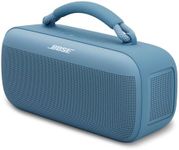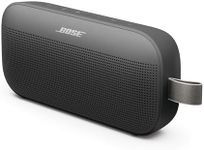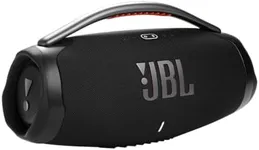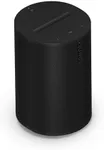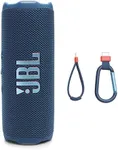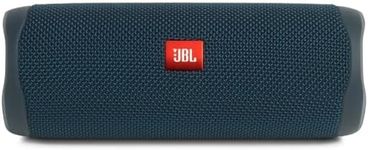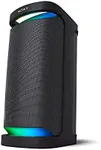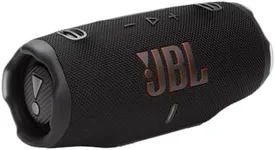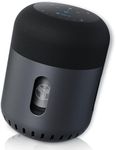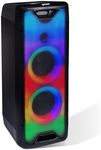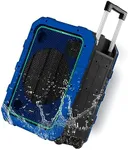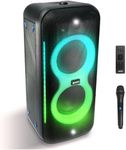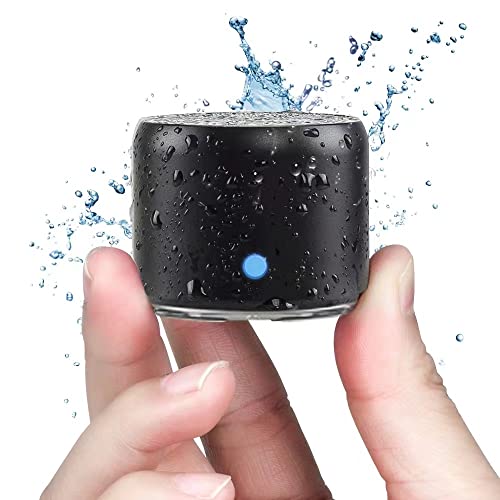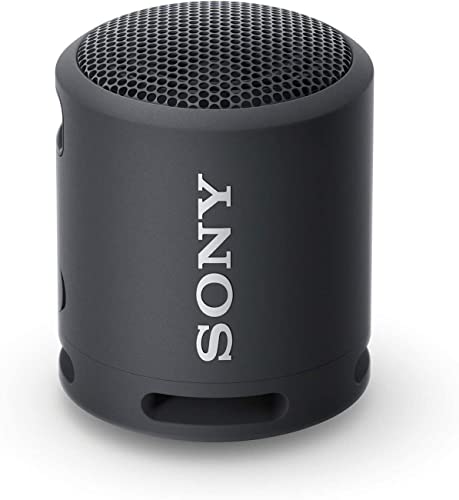Buying Guide for the Best Portable Speakers
Choosing a portable speaker can make a big difference in how you enjoy music, podcasts, or movies in various settings, whether indoors or outdoors. The best approach starts with understanding how you plan to use your portable speaker—will it mostly stay at home, come along to the beach, or travel with you often? Think about where you’ll use it, what you’ll listen to, and how important durability and battery life are to you. With this in mind, considering several key specifications will help you find the speaker that best suits your needs.Sound QualitySound quality refers to how clearly and richly the speaker plays music or voices. It is determined by factors like clarity, bass, volume, and whether the sound distorts at higher levels. There are small speakers that sound okay for podcasts and background music, and there are bigger ones that can fill a room or even a backyard with sound. If you want to listen casually or in small spaces, a compact model with decent clarity may be enough. For parties or outdoor use, look for speakers known for better bass and louder maximum volume.
Portability/SizeThe size and weight of the speaker affect how easy it is to carry. Ultra-compact models can fit in a purse or pocket, while larger ones might require a bag or handle. If you need something for on-the-go listening, hiking, or travel, a very small and lightweight model is ideal. For use at home, picnics, or gatherings, a medium to large speaker may be worth it for better sound. Consider what you can comfortably carry and how much space you have.
Battery LifeThis tells you how many hours the speaker can play before needing a recharge. Some smaller models may last 4-6 hours, while larger ones can play for over 20 hours. If you take long trips or spend a lot of time outdoors without easy access to power, go for longer battery life. For quick, occasional use at home, shorter battery life might be sufficient.
Durability and Water ResistanceDurability relates to how well the speaker handles bumps, drops, and exposure to elements like water or dust. Water-resistance or waterproof ratings (often shown as IPX ratings) tell you if the speaker can handle rain, spills, or being submerged. If you plan to use your speaker by the pool, beach, or on hikes, go for higher water resistance. For indoor use or gentle handling, this might be less important.
ConnectivityMost portable speakers use Bluetooth, but some offer additional connections like audio cables or Wi-Fi. Bluetooth versions (such as 4.2, 5.0, etc.) indicate how stable the wireless connection is and how far away you can be from your phone or device. If you want to play music from older devices, look for speakers with auxiliary inputs. For multi-room music or smart features, Wi-Fi might help. Choose based on the devices you have and how you want to use the speaker.
Special FeaturesSome portable speakers include extras such as speakerphone function, voice assistant support, ability to pair with other speakers, built-in lights, or the ability to charge your phone. Think about what might make your listening experience better: need to make calls hands-free, or want a party atmosphere? Pick features that match your preferences and lifestyle.
